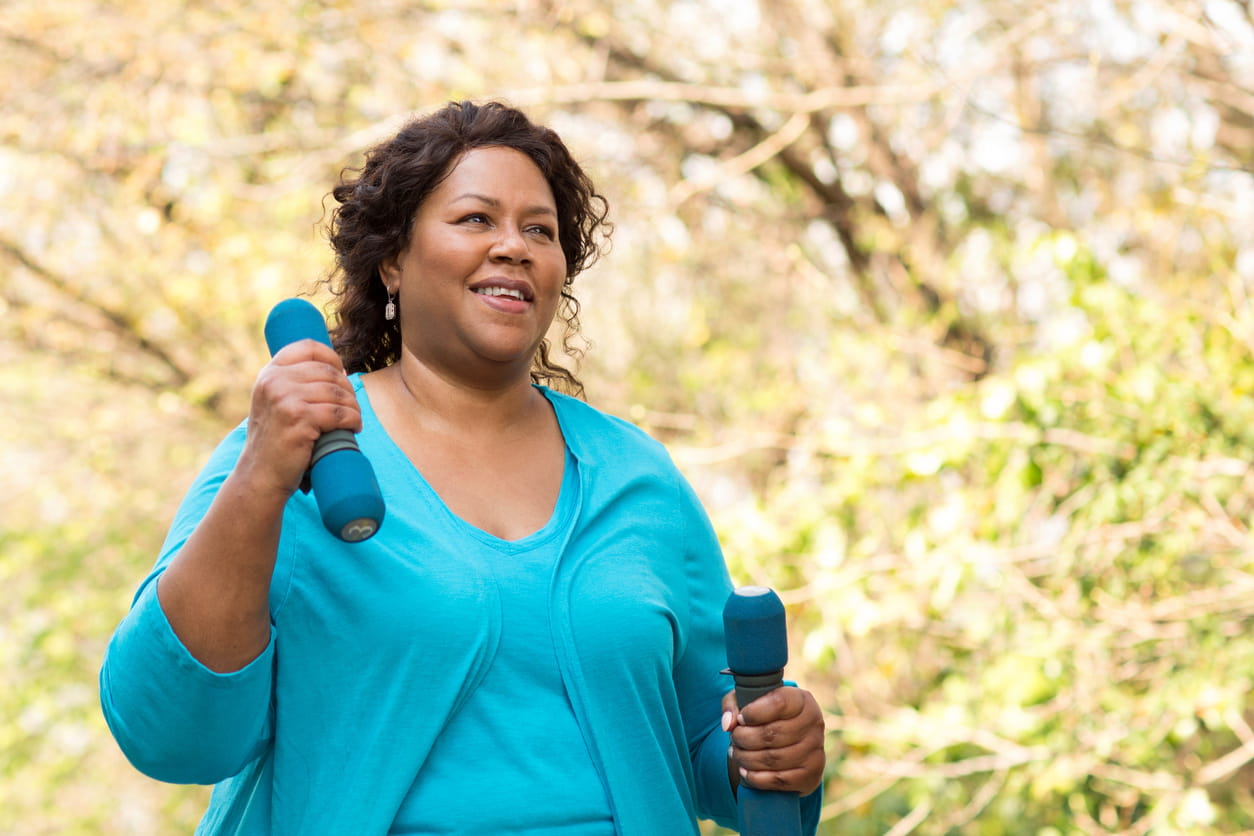Breast cancer risk factors

Risk factors can increase your chances of getting breast cancer, but having risk factors does not necessarily mean you will develop breast cancer. Many people with risk factors never develop breast cancer, while others develop breast cancer and have no known risk factors.
Some risk factors cannot be changed, while others are related to lifestyle.
Risk factors you cannot change:
Being born female. Women are much more likely to develop breast cancer than men.
Being older. Most breast cancers are diagnosed in women over 50.
Family history of breast or ovarian cancer. Your risk is higher if your mother, sister or daughter (first-degree relative) or multiple family members on your mother's or father's side have had breast or ovarian cancer. Most people with breast cancer, however, do not have a family history of the disease.
Personal history of breast cancer. If you've had cancer in one breast you are more likely to develop cancer in the other breast. You also are more likely to develop breast cancer if you have had noncancerous conditions such as atypical ductal hyperplasia or lobular carcinoma in situ.
Certain inherited genes. If you've inherited changes to certain genes, such as BRCA1 and BRCA2, you're at higher risk of breast and ovarian cancer. Genetic counseling and testing can help determine your risk and options.
Menstrual history. Starting menstrual periods before age 12 or starting menopause after age 55 exposes you to hormones longer, raising your breast cancer risk.
Having dense breasts. Having dense breast tissue increases your breast cancer risk. Dense breasts can also make it hard to see tumors on a mammogram.
Radiation therapyIf you received radiation therapy treatments to your chest as a child or young adult, your risk of breast cancer is increased.
Exposure to diethylstilbestrol (DES). DES was given to some pregnant women in the United States between 1940 and 1971 to prevent miscarriage. If you took DES or your mother took DES while pregnant with you, you are at higher risk for breast cancer.
Risk factors you can change:
Drinking alcohol. Studies show that your risk of developing breast cancer increases with the amount of alcohol you drink.
Being overweight or obese. You have a greater risk of developing breast cancer if you're overweight or obese, especially after menopause.
Not being physically active. Leading a sedentary life increases your breast cancer risk.
Poor diet. A diet high in saturated fat and lacking fruits and vegetables can increase your breast cancer risk.
Reproductive history. Having your first child after age 30, not breastfeeding or never having given birth can increase your breast cancer risk.
Taking hormones. Postmenopausal hormone replacement therapy that includes both estrogen and progesterone can raise breast cancer risk. Certain oral contraceptives also have been found to increase risk.
Be proactive about your breast health
While being aware of risk factors for breast cancer can help you make healthy lifestyle choices, a mammogram remains the best way to detect breast cancer in the early stages when it is easier to treat.
Main Line Health recommends that all women begin annual screening at age 40, but earlier if you're at higher risk. Talk with your doctor about ways you can lower your risk and about screening for breast cancer.